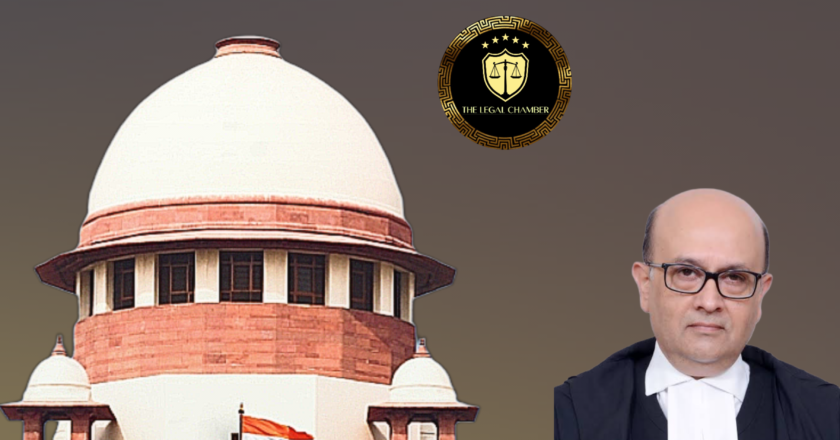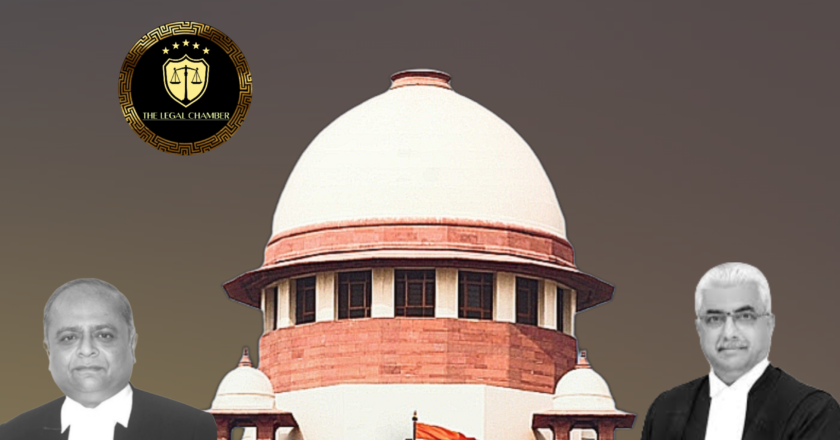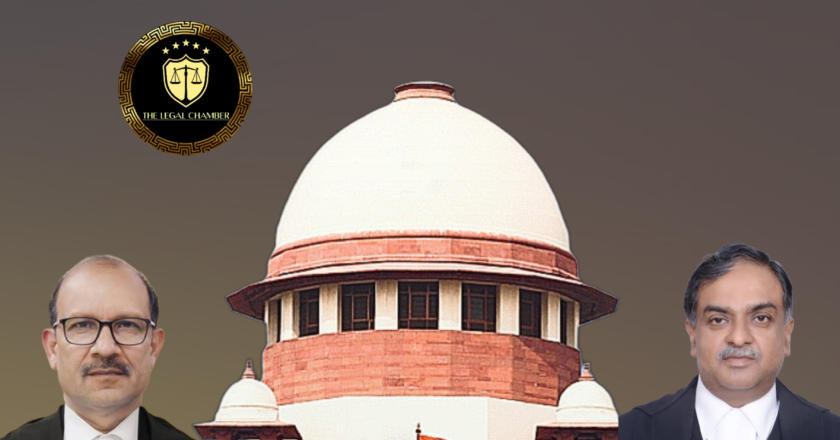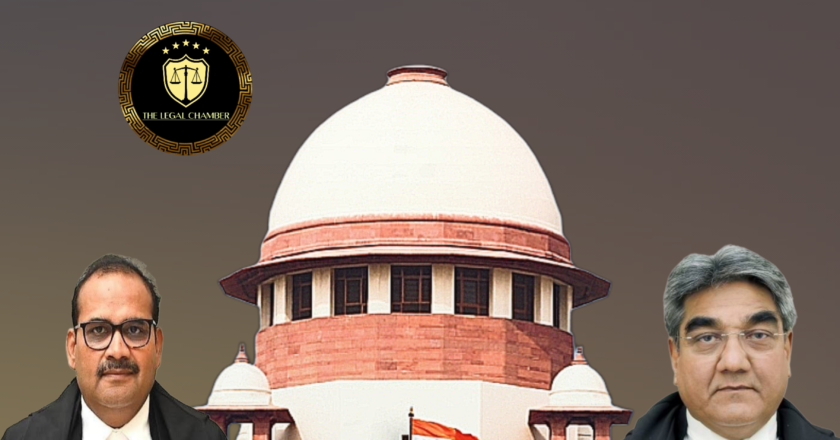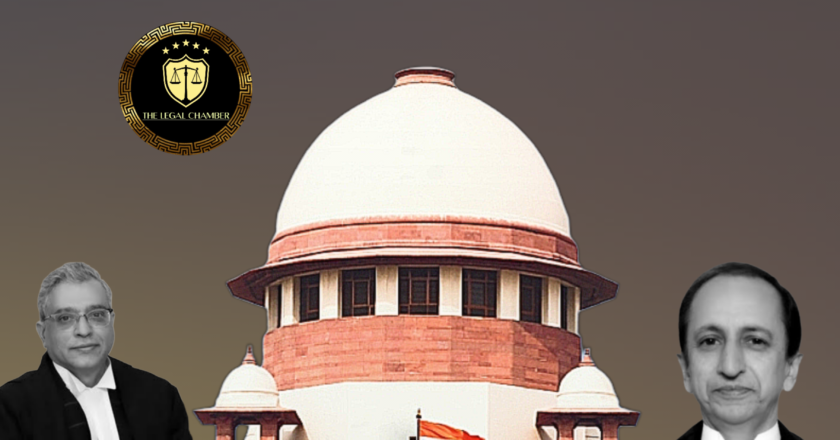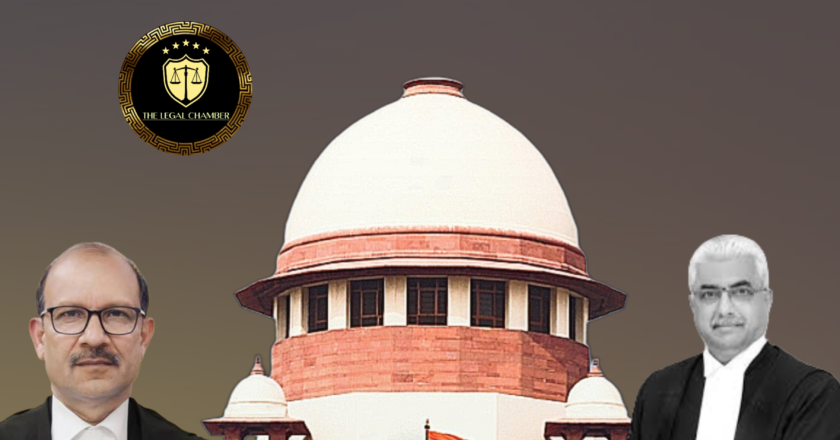Specific Performance Upheld: Supreme Court Reinstates Decree in Property Dispute
The Supreme Court held that the High Court exceeded its jurisdiction under Section 100 CPC by interfering with the first appellate court's findings of fact, particularly regarding additional payment and the plaintiff's readiness and willingness. The Court reiterated that time is not ordinarily the essence in immovable property contracts and that acceptance of further payment post-deadline constitutes a waiver of the right to forfeit earnest money, making the suit for specific performance maintainable without a separate declaratory relief.
Facts Of The Case:
The appellant, Annamalai, entered into a registered sale agreement dated 08.01.2010 with Saraswathi (D-1) and Dharmalingam (D-2) for two property items. The total consideration was Rs. 4,80,000, of which Rs. 4,70,000 was paid as a...
